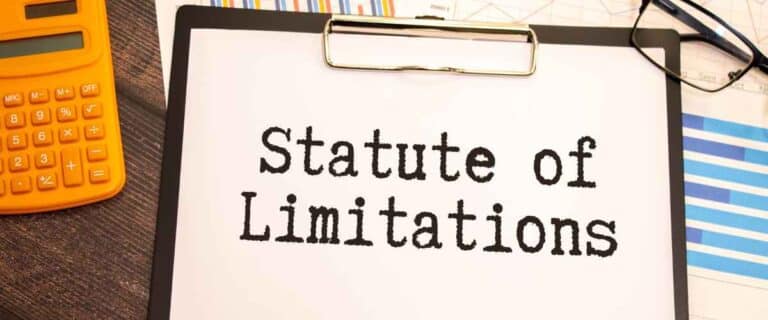The Japanese automaker Subaru is being accused of having had knowledge of fuel pump issues impacting more than 188,000 model year 2019 Subaru Impreza, Outback, Legacy and Ascent vehicles long before the firm launched a recall. According to a class action lawsuit, the company sold the vehicles knowing the pumps were defective, exposing thousands of customers to accident hazards.
Additionally, the firm is being accused of not including all vehicles fitted with the defective pumps in its list of recalled vehicles.
The Impreza, Outback, Legacy, and Ascent vehicles were recalled in April, when the firm stated that the DENSO fuel pumps could fail if the impellers absorbed fuel, leading to a crack. In the case the impeller is impacted, it could eventually strike the fuel pump’s body, causing the pump to fail. This would then cause the engine to stall unexpectedly.
Subaru Was Aware Of Dozens Of Engine Failure Reports Before Recall
In a report to regulators at the National Highway Traffic Safety Administration, the firm reported that it was aware of 24 complaints involving engines that failed to start. Additionally, eight other complaints were associated with engines losing power after the vehicles were started or while vehicles were going at slow speeds.
One report involved a car that experienced a fuel pump failure while traveling at highway speeds.
All complaints were filed with the firm between July 2019 and January 2020.
Subaru also reported that it was aware of 245 warranty claims associated with the fuel pump issue, and that no accident or injury had been associated with the claims.
According to the class action lawsuit, while the firm promised all vehicles were going to receive replacement pumps, Subaru failed to add several vehicles manufactured before the 2019 year models to the recall list.
They alleged that vehicles from the 2013 through 2019 models were all fitted with the DENSO fuel pumps with part numbers that match the recalled list and that firm never set a repair date. Additionally, they allege Subaru put them in extreme danger by not telling them to stop driving the car until the fix was available.
“Given the inherent dangers of driving Class Vehicles, Subaru at a minimum should have contacted purchasers and lessees and offered them free loaner vehicles of comparable make, model, or value of the Class Vehicle they drive until it could devise and implement a fix or take other action to protect consumers’ safety,” the lawsuit stated.
To read more on this story, follow this link.



